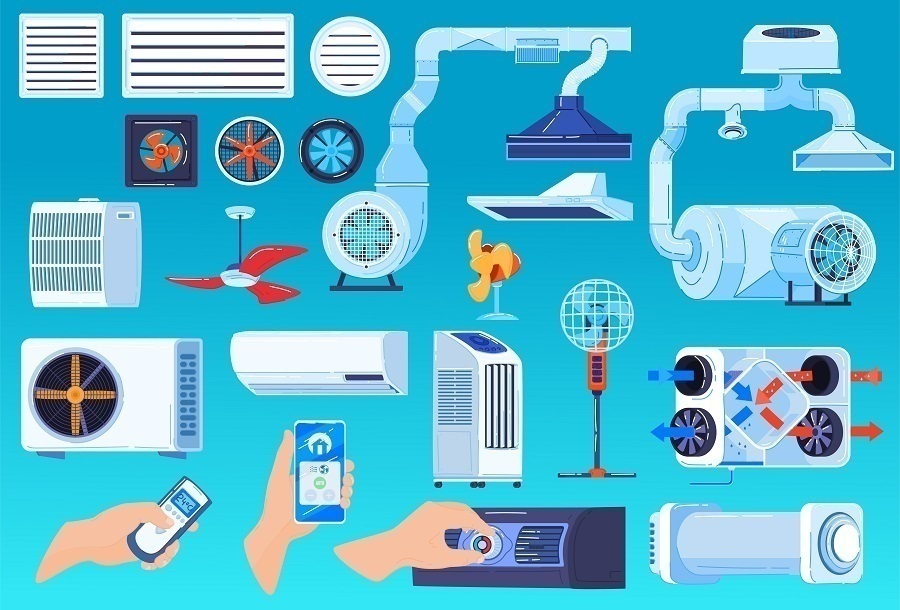Last updated on
When it comes to providing comfort and air conditioning for residential and commercial properties, AC systems are a vital part of proper ventilation and maintenance. The highly reliable technology behind Air Conditioners (ACs) enables individuals, businesses, tenants, and homeowners to maintain healthy indoor environments throughout the year – no matter how hot or cold it gets outside!
Ensuring optimal performance from your AC system requires expertise in sizing, installing, commissioning, and servicing them correctly. We’ll explore all aspects of this process today to educate readers on the basics of AC systems in residential & commercial properties.
What's Inside
Clearing up Questions
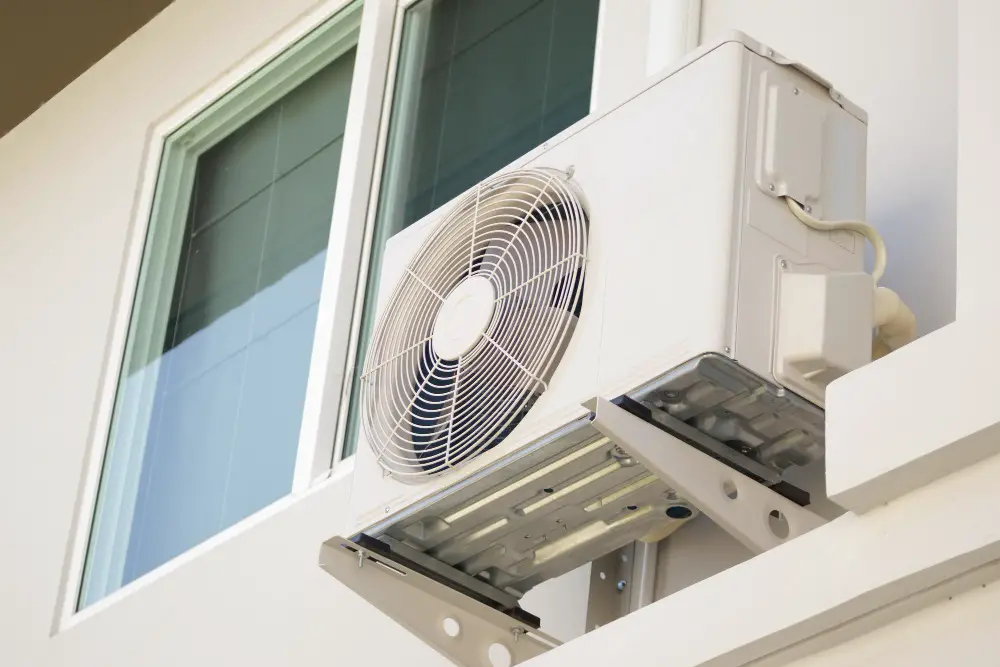
It’s only natural to have a series of questions when it comes to understanding AC systems, their functionality, and their role in maintaining a comfortable environment. What kind of air conditioning system is ideal for a small business? or How often should an AC system be serviced in a residential property?
Perhaps you are wondering, Can Air Conditioning Make You Sick or if it is safe to use in a home with pets and small children? These are all valid questions, that most people have when they first start to think about AC systems. Just like any other piece of technology or equipment, there is always more to learn and understand.
Residential AC Systems
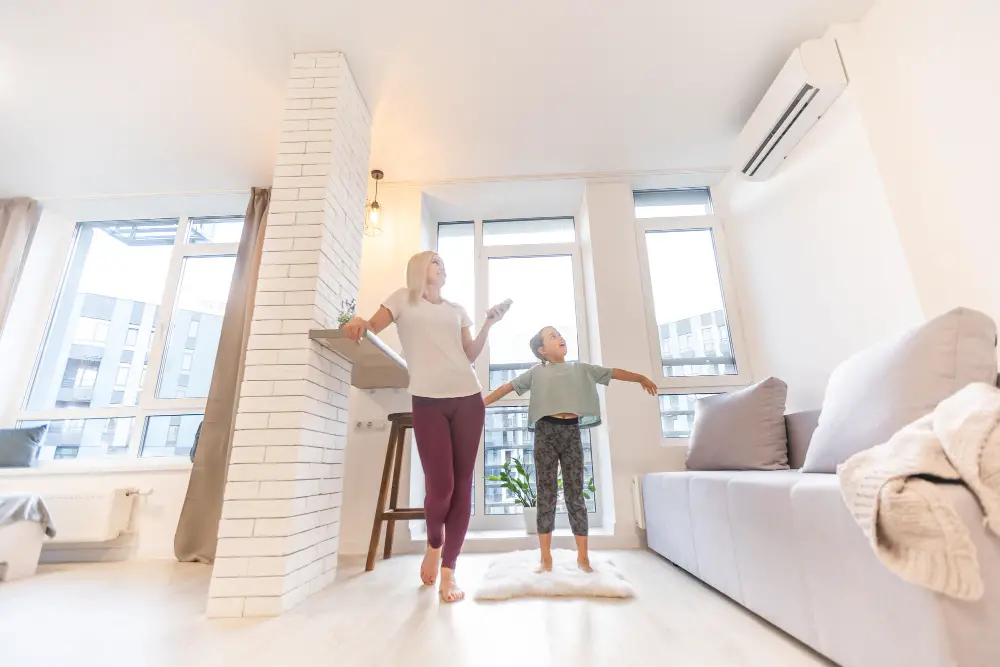
Residential AC systems are designed specifically for homes and small spaces. These systems typically come in two types: central AC systems and ductless mini-split systems. Central AC systems are powerful units that circulate cool air through a network of ducts and vents throughout the home. In contrast, ductless mini-split systems consist of an outdoor compressor connected to indoor units, providing cooling for specific areas of the home.
Regardless of the system type, residential AC units are crucial for maintaining comfortable indoor air temperatures during hot summer months. Regular maintenance and service checks are recommended to ensure their efficiency and longevity. Remember that choosing the right type of residential AC system and maintaining it properly can result in significant energy savings, a higher quality of indoor air, and a more comfortable living environment.
Commercial AC Systems
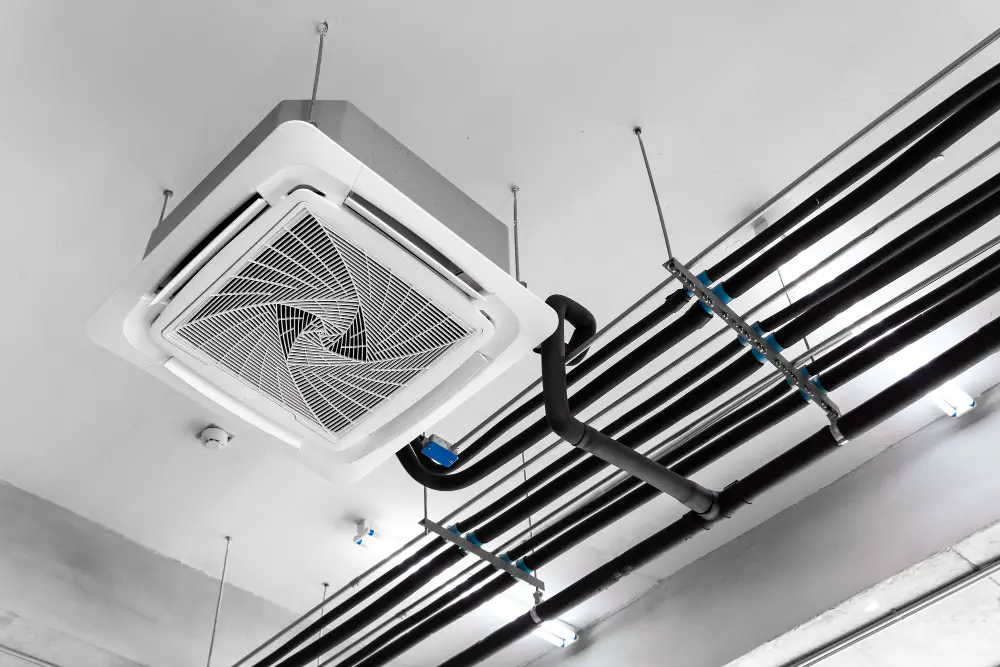
Commercial AC systems are designed to accommodate larger spaces such as office buildings, retail stores, restaurants, and other business establishments. Unlike residential systems, commercial ACs usually have a more complex setup due to the larger and more diverse cooling needs. The most common types of commercial AC systems are rooftop units, heat pumps, and chiller systems.
Rooftop units are all-in-one systems that both cool and heat, and are installed on the roof to save space. Heat pumps use electricity to move heat from a cool space to a warm space, making the cool space cooler and the warm space warmer. Chiller systems use the process of evaporation to cool the air and are usually used in larger commercial properties due to their efficiency at scale.
As with residential systems, regular maintenance is crucial to ensure optimal performance and longevity of commercial AC systems. The choice of system will depend largely on the size of the space, the number of occupants, and the specific cooling needs of the business. It’s always advisable to consult with a professional HVAC technician who can provide expert advice and service.
Centralized Vs. Ductless Systems
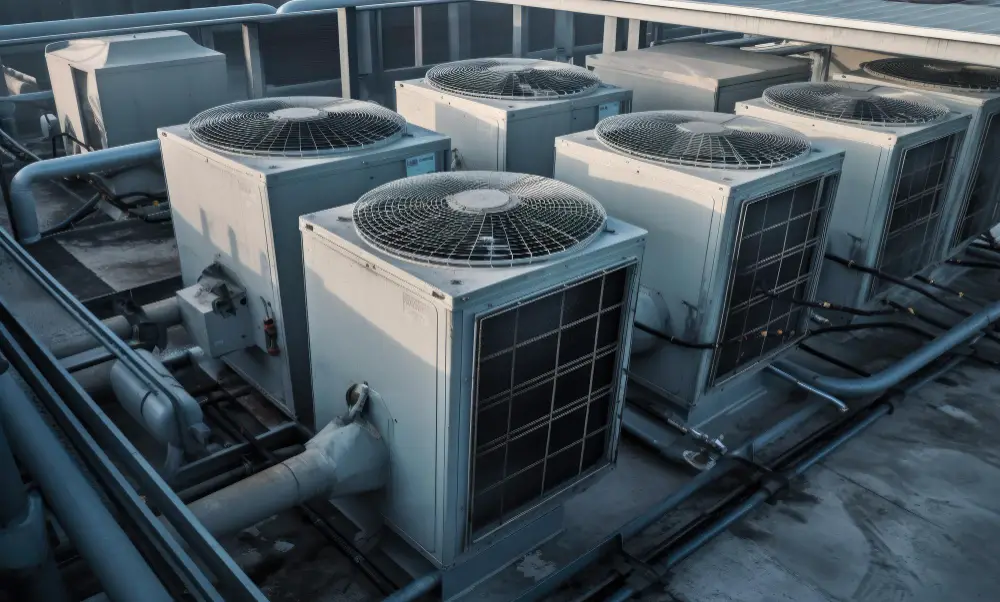
Centralized AC systems, as the name suggests, distribute conditioned air to the entire building through a network of ducts and vents. They are highly effective in adjusting the temperature of large spaces and are commonly seen in commercial establishments and large residential properties.
The major advantages of centralized systems include consistent climate control for the entire building, a single point of control, and more aesthetic coherence as all the equipment is contained in one place. However, they can be expensive to install and may require significant construction work.
Ductless AC systems, on the other hand, are more flexible and easier to install, making them a popular choice for smaller homes, apartments, or older buildings where installing ductwork isn’t feasible. One or more interior air handling units and an outside compressor/condenser make up these systems.
The primary advantage of ductless systems is the ability to control the temperature independently in different zones or rooms. They are also more energy-efficient as they avoid the energy losses associated with ductwork. However, they might not be as effective in large spaces, and each indoor unit needs to be cleaned and maintained separately, which might be more time-consuming.
The Takeaway
AC systems play a vital role in maintaining comfortable and healthy indoor environments in both residential and commercial properties. It’s essential to choose the right type of system, regularly maintain it, and consult with professionals for any concerns or issues. With proper care, AC systems can provide reliable performance for years to come.
Continue reading:



